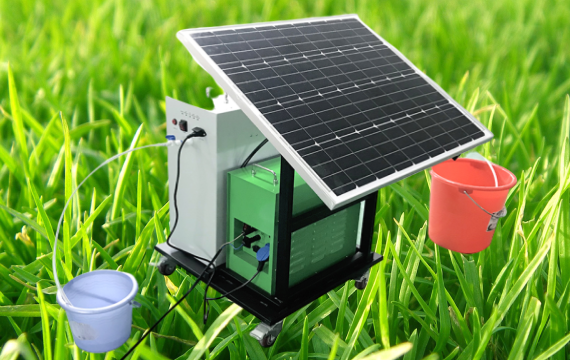For Visitors
CV Raman nagar Bangalore 560093


Hard water is a problem that millions of households across the country face. Hard water is water that has high mineral content. Even though there is no serious health implications associated with hard water, the effect on your plumbing fixtures can be felt over a period of time. Due to the minerals present in hard water, the sides of pipelines are clogged. Over a period of time, deposits build-up preventing water to flow like it should, pipes becomes too small to allow the smooth passage of water. Once the holes become smaller, the pressure in pipes increases so much that there is a high risk of the lines deteriorating or bursting. So, if you are a homeowner and want to protect your pipelines, it is a good idea to install a water softener or water quality device. Softened water still contains all the natural minerals that we need. It is only deprived of its calcium and magnesium contents, since some sodium is added during the softening process.
Water softening is a process that reduces calcium, magnesium and ion concentration in hard water. Hard water is known to clog pipes and to complicate soap and detergent dissolving in water. Temporary hard water contains Calcium and Magnesium Bicarbonates. While permanent hard water contains Calcium and Magnesium Chlorides and Sulphates. The temporary hardness can be removed by boiling the water and then filtering it. The permanent hardness can be removed by the addition of washing soda. The best way to soften water is to use a water softener unit and connect it directly to the water supply.
Determining the hardness of the water is important before attempting to soften it. A high mineral content will cause problems like scaling of hot water geysers, choking of pipes, poor quality of washing in machines etc. There are several methods of softening hard water. Following are important water softening methods.